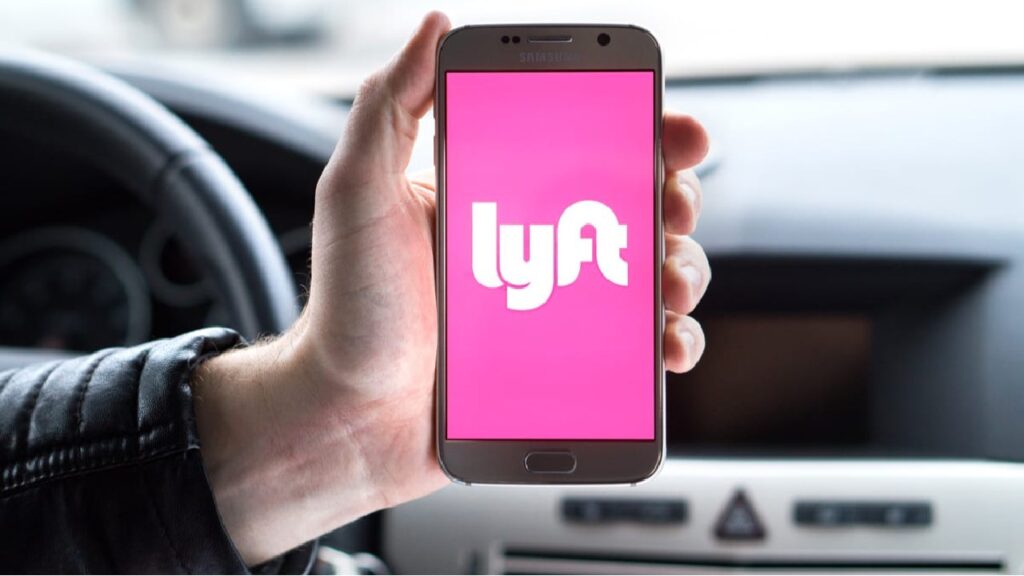Business
Lyft Shares Drop Following Bleak Forecast
WSJ Renewal Edition.- Lyft’s stock fell on Thursday after the ride-sharing company announced a weaker-than-expected outlook for the June quarter. The company is going through a difficult time with layoffs and leadership changes. However, Lyft’s Q1 results showed a 14% increase in revenue, reaching $1 billion, beating the $982 million predicted by analysts.
Additionally, its net loss narrowed to $187.6 million, better than the expected projections. Lyft’s adjusted earnings before interest, taxes, depreciation, and amortization (EBITDA) was $22.7 million, better than the expected $14 million, but lower than the $54.8 million from the same quarter in the previous year.
The company’s June quarter forecast, which is lower than Wall Street predictions, includes revenue of up to $1.02 billion and adjusted earnings of between $20 million and $30 million. This is lower than the $1.08 billion and $51 million analysts had predicted. Following the announcement, Lyft’s shares dropped by 14% in after-hours trading.
Lyft has struggled to compete with Uber, which gained market share and drivers during the pandemic. While Uber diversified its business to include food delivery and global operations, Lyft decided to focus solely on transportation in North America, making it harder to entice drivers during the labor shortage. In the past 12 months, Lyft’s stock has fallen by over 50%, while Uber’s shares increased by around 33%.
Get WSJ Renewal Edition 3 Year Subscription for $79!
In March, Lyft’s co-founders stepped back from managing the company after facing pushback from employees and investors. They hired a board member, David Risher, as the new CEO, who cut 1,100 jobs or 26% of staff last week.
As part of the layoffs, Lyft will incur severance and other related costs that will impact earnings in the June quarter. However, Risher said that these cuts would lead to $300 million in annual cost savings, which would be passed on to riders and drivers in the form of lower prices and higher earnings.
Risher also plans to price rides in line with Uber going forward and ended shared rides among passengers as part of the restructuring of the company’s core ride-sharing team. Lyft ended Q1 with 19.55 million active riders, a 9.8% increase from the same period last year, and revenue per active rider grew 4% year-over-year to $51.17. While Lyft gained some market share in recent weeks, Uber still controls 70% of the US ride-share market. Risher’s overall focus is on execution to help Lyft gain market share in the long term.

